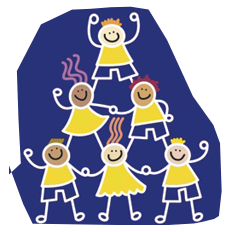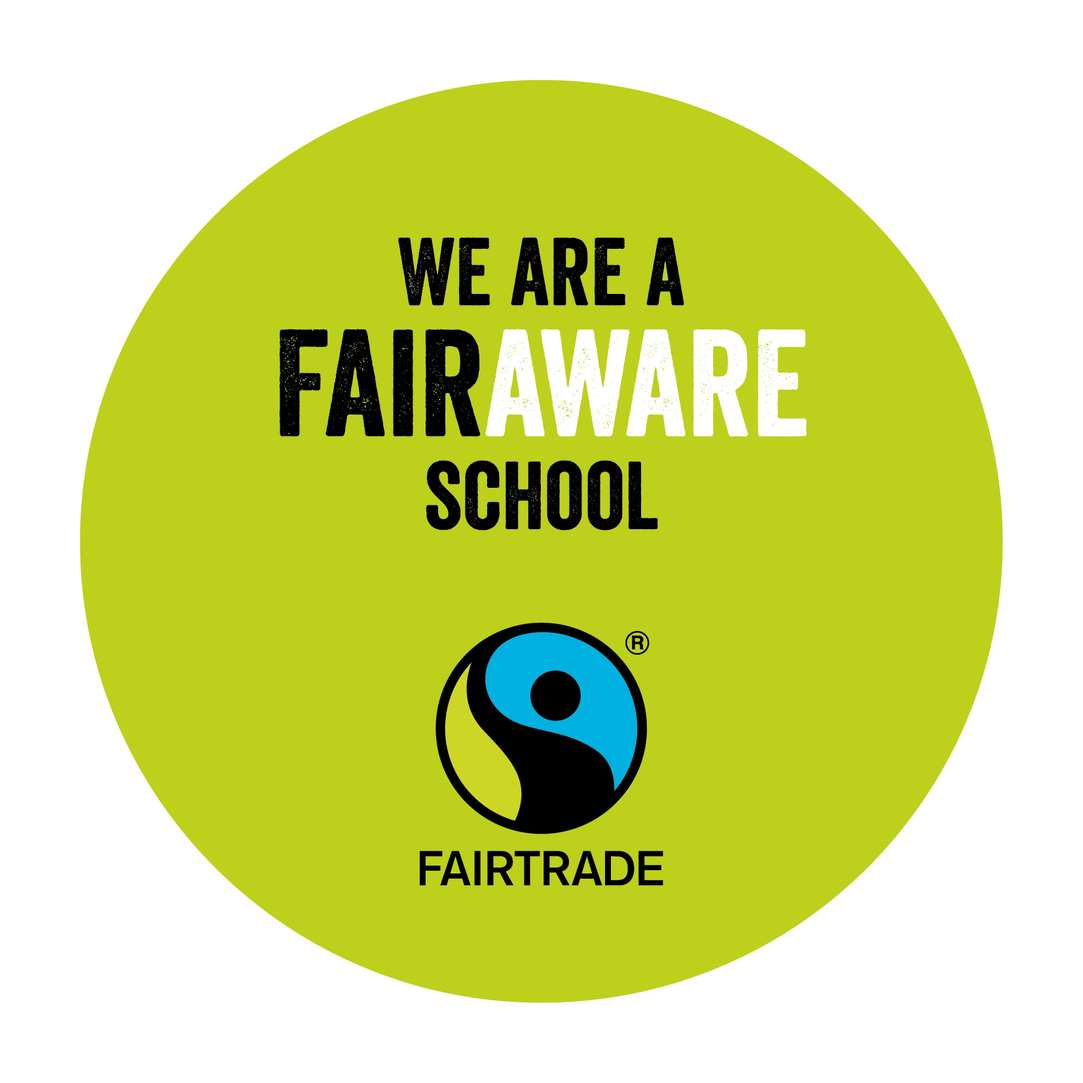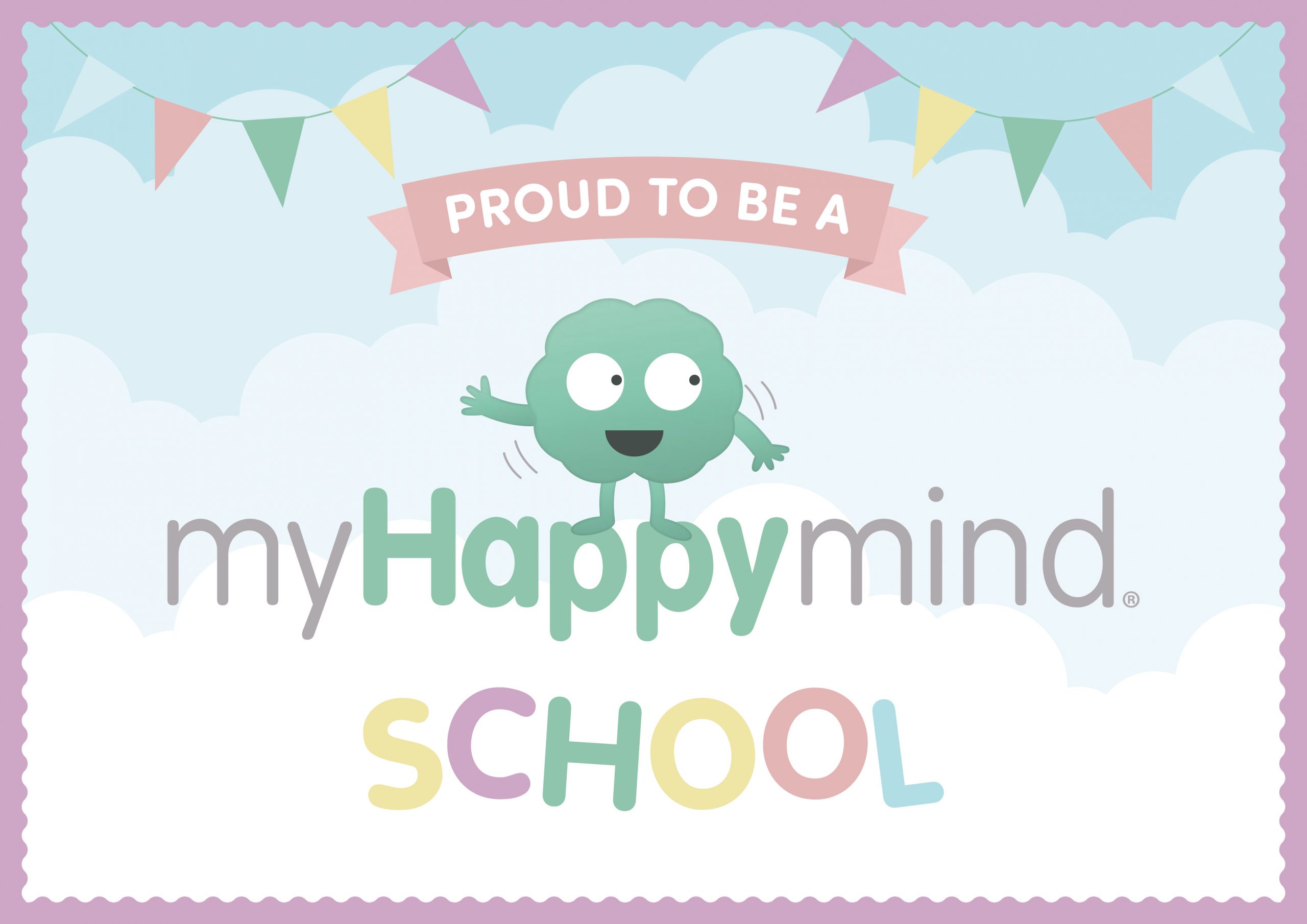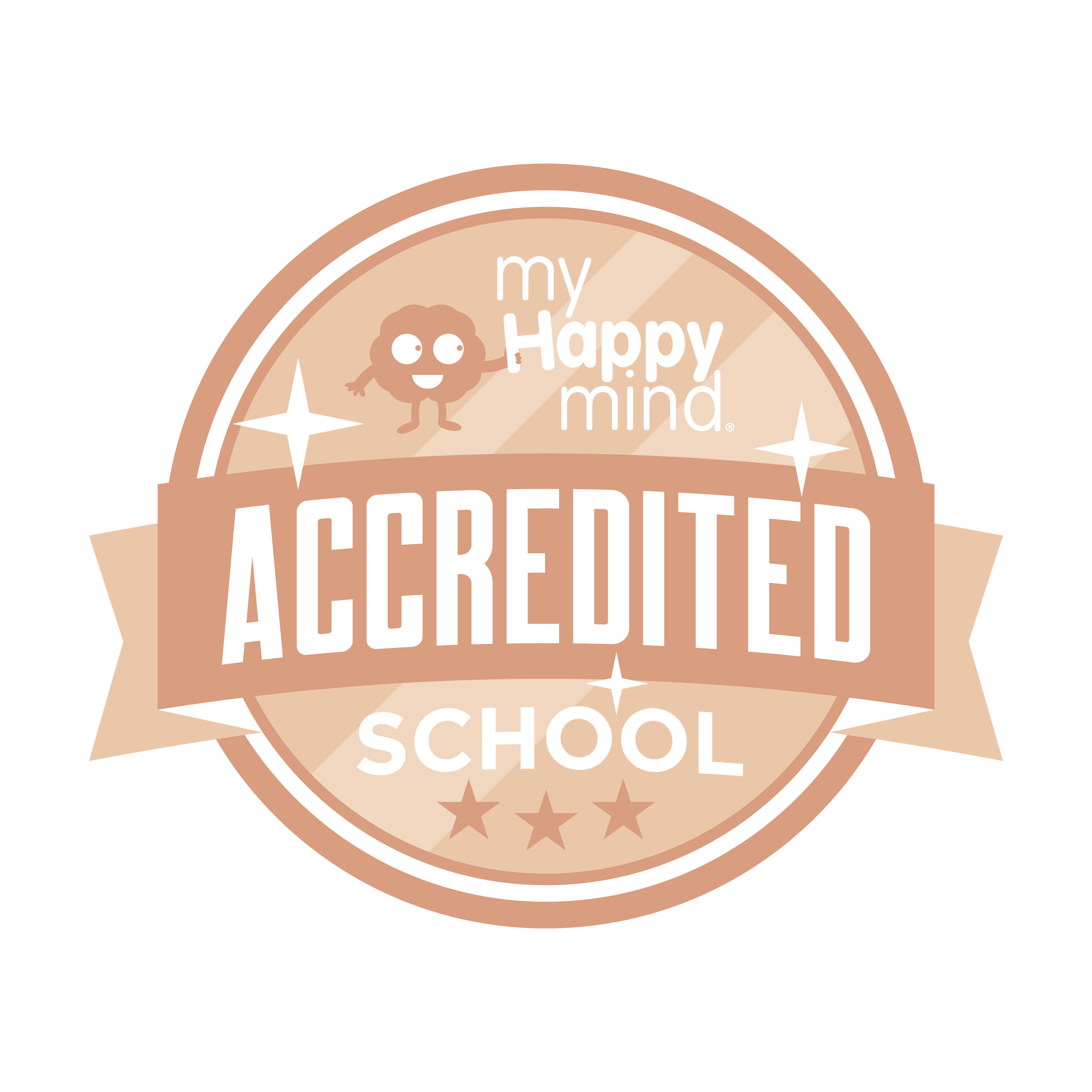E Safety
The internet is a brilliant place for learning, speaking to friends and family, and playing games. However, it is very important to understand how to use it safely and how to deal with any problems you may come across. Staying safe when using the internet and other new technologies is known as e-Safety.
E-Safety is not just about computers but also refers to other new technologies you can use to communicate with other people, such as mobile phones, iPods and games consoles like XBOX 360s and PS3s.
Following these rules will help you to stay safe when you use the internet:
Never write any personal information about yourself on the internet – this includes your phone number, address, passwords, your full name or the school you go to.
- Don’t use a picture of yourself in any profile, especially if you are wearing anything that can identify you e.g. your school uniform. Use a picture of your pet, a hobby or your favourite band instead.
- Only write kind, positive things about others online.
- Never arrange to meet up with somebody you have met on the internet. Remember that if you haven’t met someone in real life, they’re still a STRANGER.
- Always tell a responsible adult (like a parent, grandparent, older brother or sister, or a teacher in school) if you see anything on the internet which you find upsetting, offensive in any way inappropriate. They will be able to help you.
- NEVER add people as ‘friends’ on the internet unless you are friends with them in real life. This includes on sites and services like Bebo, Facebook, MSN/Windows Live Messenger and many more. These people are still STRANGERS. If people add you, block them.
If you have any concerns about anything you have seen on the internet, something you have read on the websites above or about a message you have received, please speak to your class teacher.
Remember to keep copies of anything you have received (e.g. texts or messages) by taking a ‘screen shot’ if necessary.
There are also some excellent websites which are full of useful information about staying safe on the internet. Click on the links below to find out more about staying safe using the internet and other technologies.
A parents guide to safe YouTube and Internet Streaming for kids
www.thinkuknow.co.uk
www.bbc.co.uk/cbbc/shows/stay-safe








